Promoting safer sex, healthy relationships, & informed choices
BLOG
Insights & Inspiration
The Young & Wise Blog
Explore articles, tips, and stories to empower youth. Stay informed and inspired on topics that matter.
Get involved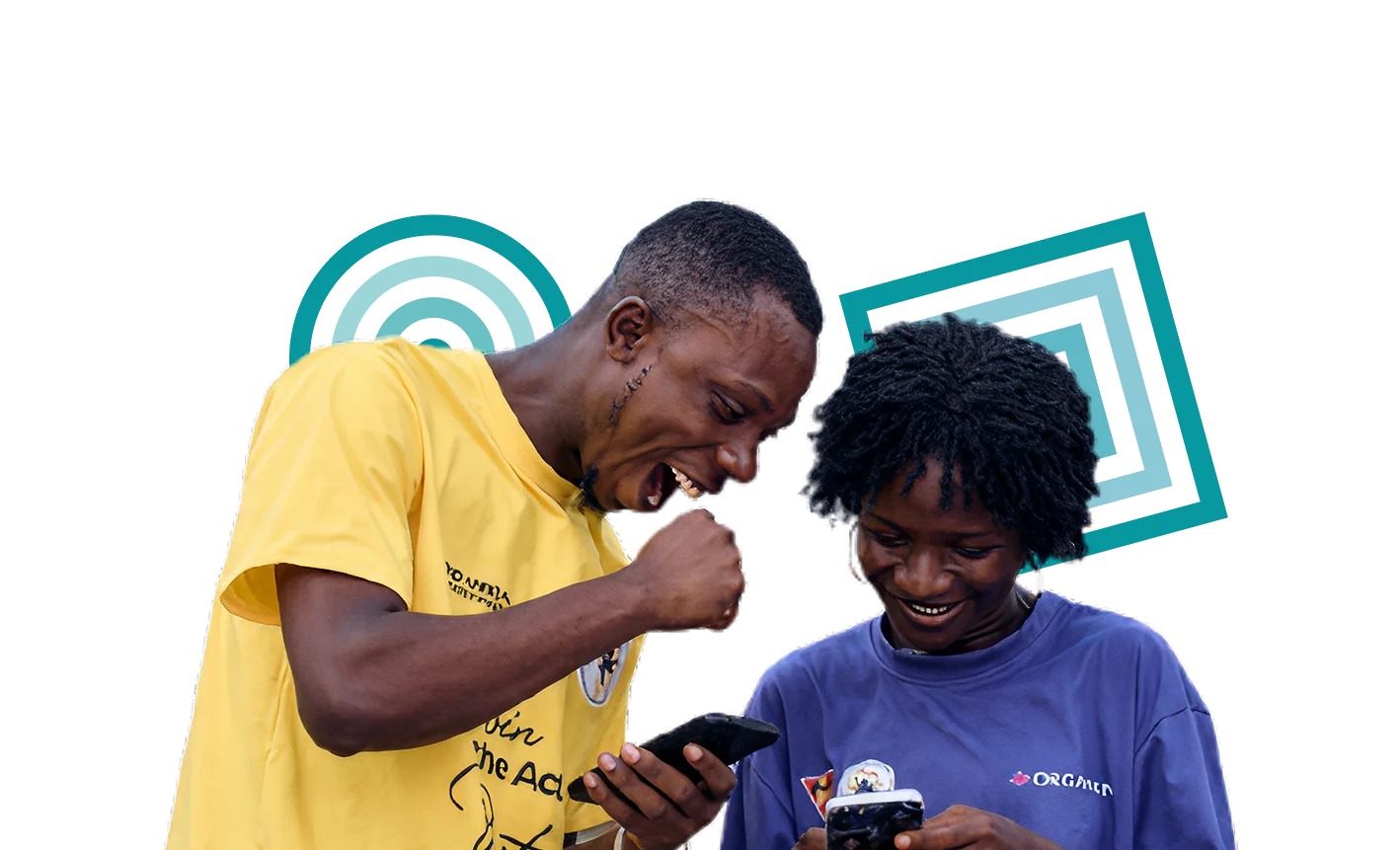
BLOG
Insights & Inspiration
The Young & Wise Blog
Explore articles, tips, and stories to empower youth. Stay informed and inspired on topics that matter.
Get involved
Your go-to space for bold, honest, and youth-friendly SRHR info. Explore article, stories and resources that would empower you to take charge of your sexual and reproductive health.
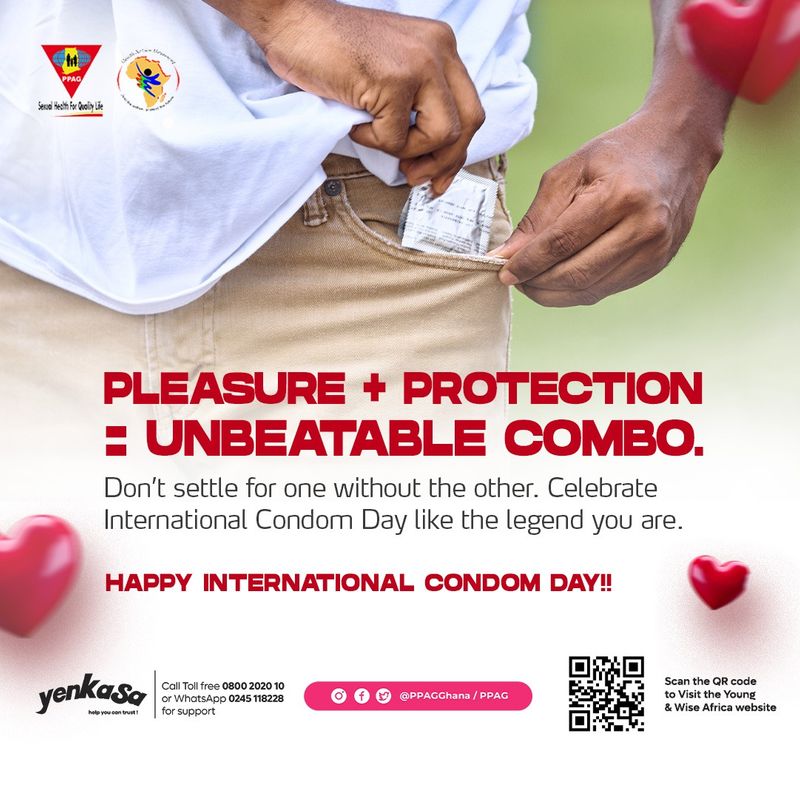
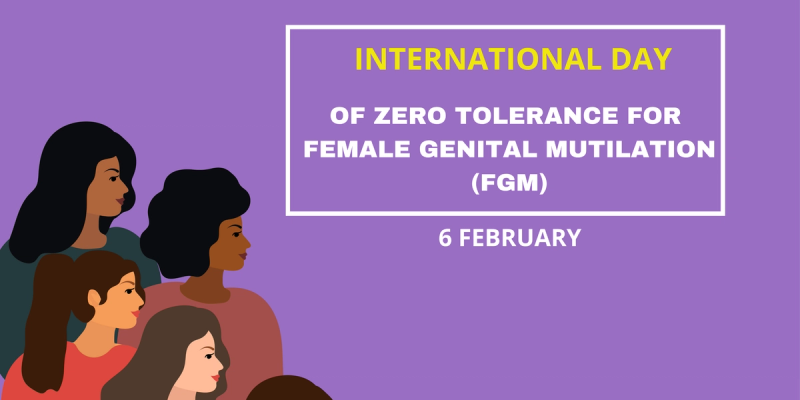
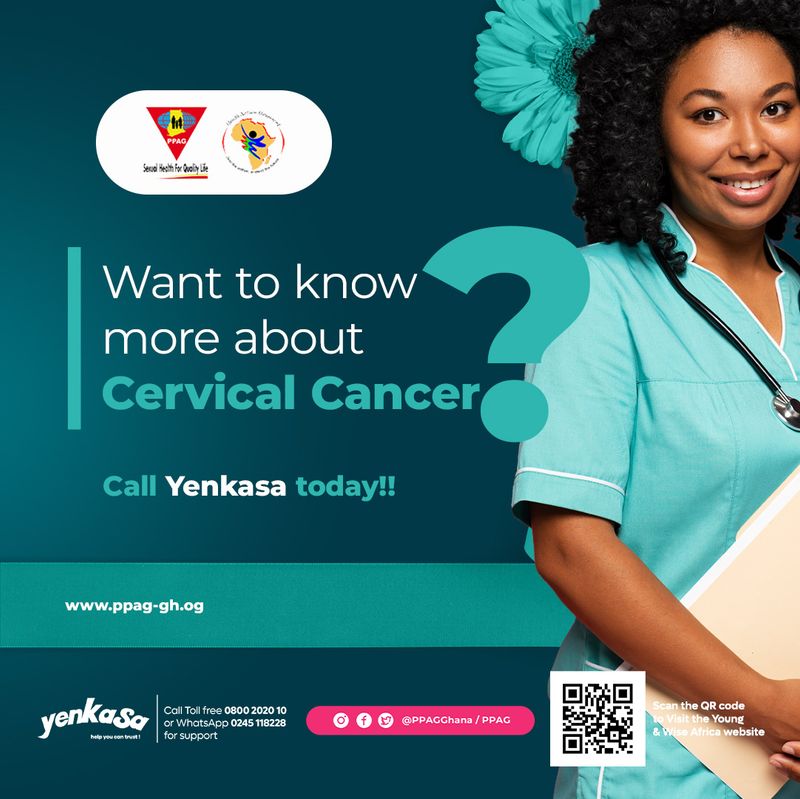
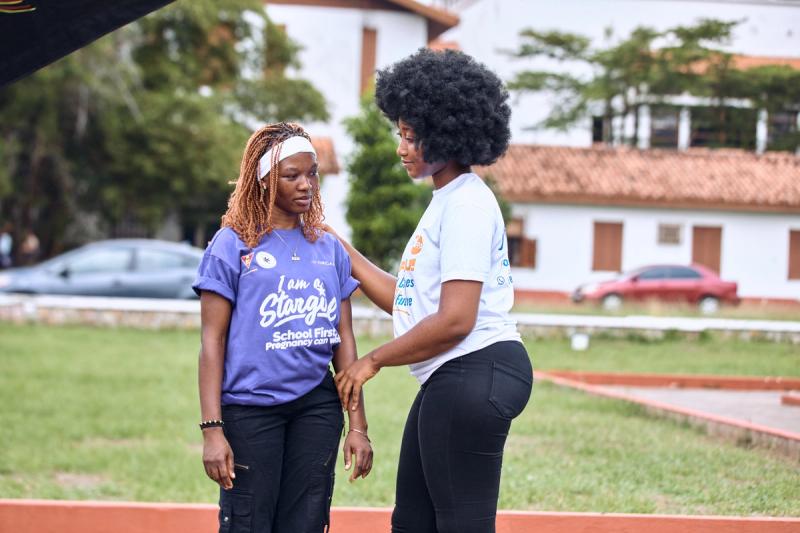
Be part of a growing network of young, empowered Africans shaping a healthier future.
Join our community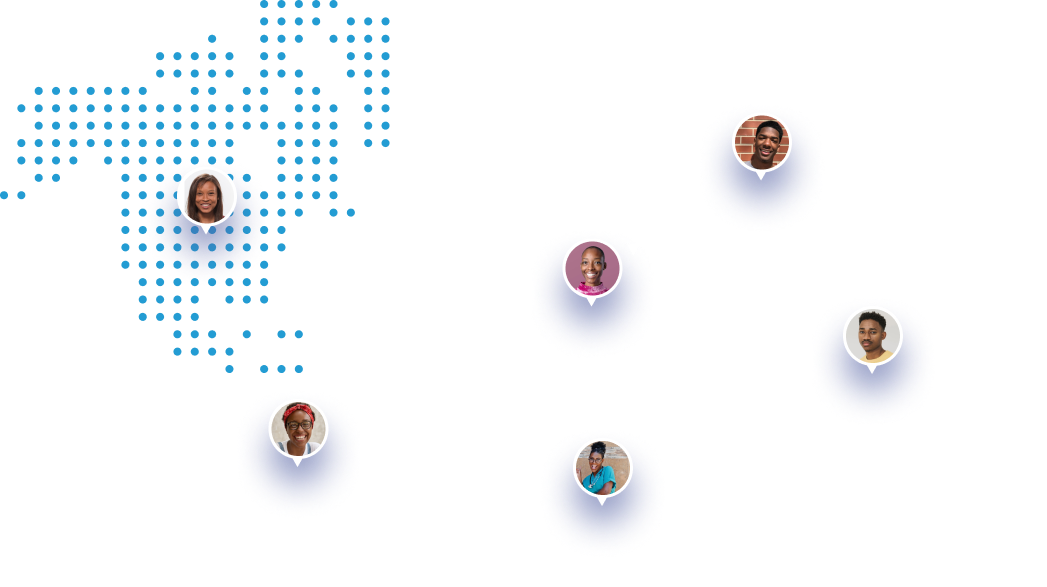
Still have questions?
Can’t find the answer you’re looking for? Please chat with our friendly team.
Get in Touch